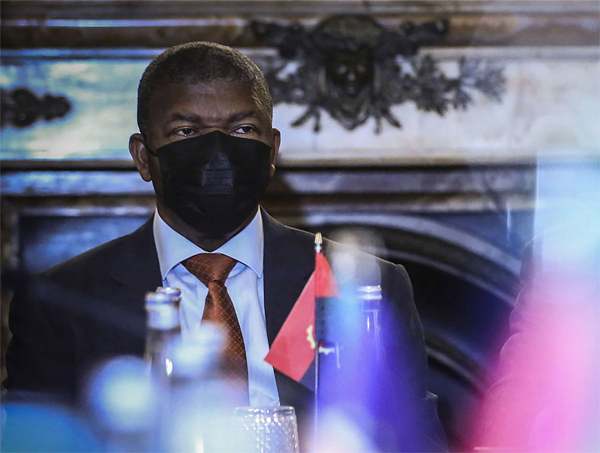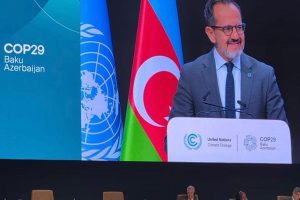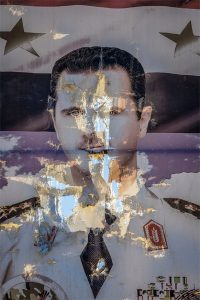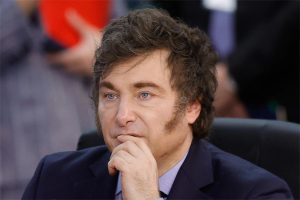
Henrique Almeida and Candido Mendes, Bloomberg News
LAGOS
EnergiesNet.com 08 19 2022
Despite its oil riches, Angola is a miserable place for many to live. The country churns out 1.2 million barrels of crude a day, making it Africa’s second-biggest producer after Nigeria, yet about half of its 33 million people live on less than $2 a day. Graft is rife and most government services are shoddy or non-existent. Responsibility rests with the Popular Movement for the Liberation of Angola, or MPLA, which has ruled for almost half a century and channeled much of the nation’s wealth into the hands of a tiny politically connected elite. Opposition parties are capitalizing on disgruntlement with the status quo and soaring food prices, and elections scheduled for Aug. 24 are shaping up to be the most hotly contested since a 27-year civil war ended in 2002.
1. What’s the ruling party’s track record?
The MPLA has been credited with ending the war and presiding over an economic expansion that saw gross domestic product expand every year between 2003 and 2015 — when the end of an oil boom heralded the onset of a five-year slump. Angola also became a byword for nepotism and corruption, with former President Jose Eduardo Dos Santos’s family and his inner circle among the primary beneficiaries. President Joao Lourenco, 68, who succeeded Dos Santos in 2017 and is vying for a second term, has turned on his one-time allies and tried to recover billions of dollars they stashed abroad. He’s also instituted a series of other reforms to shore up Angola’s finances, diversify the economy and attract foreign investment. While he’s won plaudits internationally, his selective anti-graft drive and the slow progress made in addressing rampant poverty and unemployment have eroded his domestic support, particularly among the youth.
2. Who poses the biggest threat to the MPLA?
The puling party’s main challenge comes from the National Union for the Total Liberation of Angola, or Unita, which was on the losing side of the civil war and has been its main political rival ever since. Unita is led by Adalberto Costa Junior, 60, who trained as an electronics engineer and has served as a lawmaker and the party’s spokesman. Widely known as ACJ, he’s pledged to redistribute Angola’s oil revenue and been outspoken about the unacceptable levels of corruption and poverty. His sharp, combative debating style in parliament and in the media have earned him a strong following among young, urban voters. While Costa Junior has pledged to reduce the role of the state in the economy, he’s ruled out replacing civil servants appointed by the MPLA, or reneging on the nation’s debt obligations.
3. Can the main opposition party win?
It’s unlikely. Lourenco and the MPLA have all the advantages of incumbency, including access to state resources to campaign. The party won 61% of the vote in the last national elections in 2017, and Unita just 27%. Unita’s fortunes do appear to have turned since Costa Junior replaced Isaias Samakuva as its leader in 2019, however, and its election campaign has secured backing from two smaller parties and Marcolino Moco, a former ruling-party prime minister. An opinion poll published in May by research company Afrobarometer showed the MPLA leading Unita by just 7 percentage points. It also projected that the opposition will secure the most support in the capital, Luanda, home to most of the country’s voters. The government has since banned similar surveys. Campaign rallies held by the two main parties have attracted large crowds across the country.
4. What’s at stake?
Foreign investors will be watching closely to see whether the new administration continues with the planned sale of stakes in oil giant Sonangol EP and other state companies. They’ll also be monitoring whether Angola utilizes windfall revenue stemming from higher crude prices to help settle about $19 billion in debt owed to China — funding that was mostly used to build roads, hospitals and rail links. The government has sought to diversify its financing away from the Asian nation — it completed a $4.5 billion program with the International Monetary Fund in 2021 and sold $1.75 billion in Eurobonds in 2022. It also aims to increase fuel sales to the European Union, which has been trying to reduce its reliance on Russian oil and gas following the invasion of Ukraine.
5. Will the election be credible?
While the National Electoral Commission insists the vote will be free and fair, officials from Unita and other opposition parties have questioned the body’s independence and accused it of favoring the MPLA and not doing enough to prevent voting fraud. They’ve also criticized the siting of polling stations and complained that it’s too difficult to register election monitors. The state media has devoted 95% of its election coverage to the government and the ruling party, and carried live broadcasts of its rallies, according to Carlos Rosado de Carvalho, an economist at the Catholic University in Luanda, who has been monitoring the campaigns. Unita has asked its supporters to maintain a presence around the polling stations to ensure the balloting and counting is fair. The party has ruled out a return to armed conflict but threatened to hold street protests if there is an attempt to rig the election. Several observer missions will monitor the vote, including ones from the European Union and African Union.
6. How does the election work?
Eight parties will compete for 220 seats in the single chamber parliament. The person that heads the lawmaker candidate list of the party that wins the most seats in the National Assembly becomes president. More than 14 million people have registered to vote.
bloomberg.com 08 19 2022












